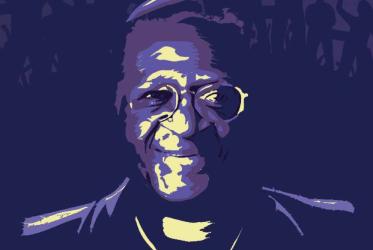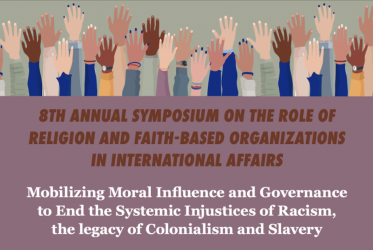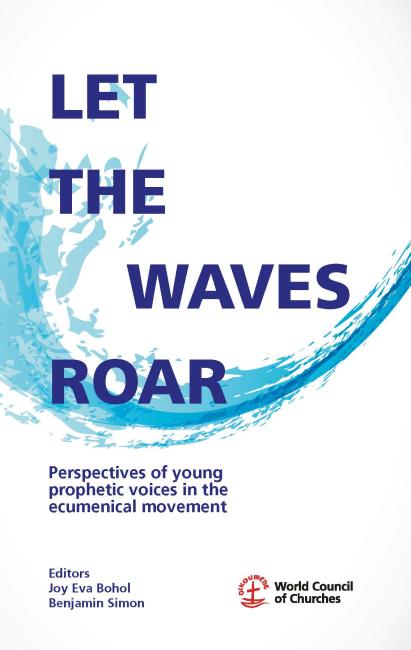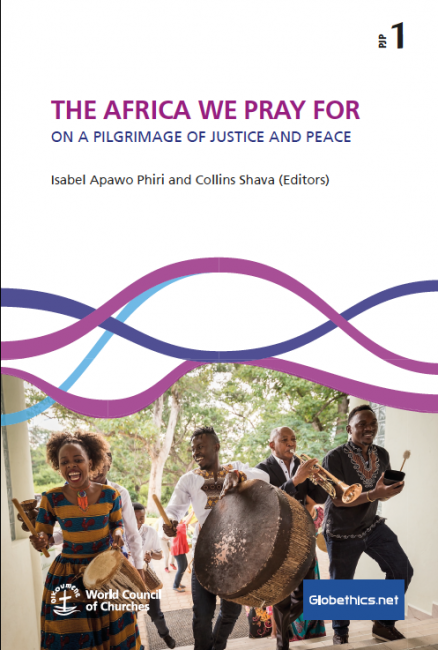Displaying 81 - 100 of 580
Specialized Ministries Pre-Assembly
09 - 10 March 2022
Pilgrims on the Path of Peace
The Journey of the WCC from Busan to Karlsruhe (Unillustrated)
28 February 2022
Upcoming webinar will focus on COVID-19 and caste discrimination
24 February 2022
Tutu’s legacy: A Zoom panel celebrating “the Arch”
03 February 2022
WCC honoured with Geneva Engage Award
01 February 2022
Let the Waves Roar
Perspectives of Young Prophetic Voices in the Ecumenical Movement
19 December 2021













